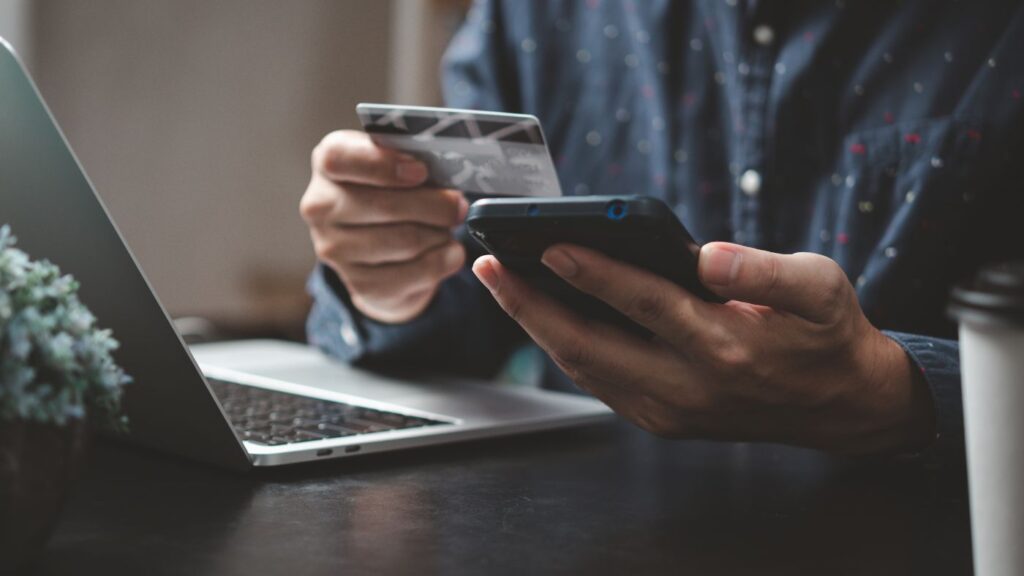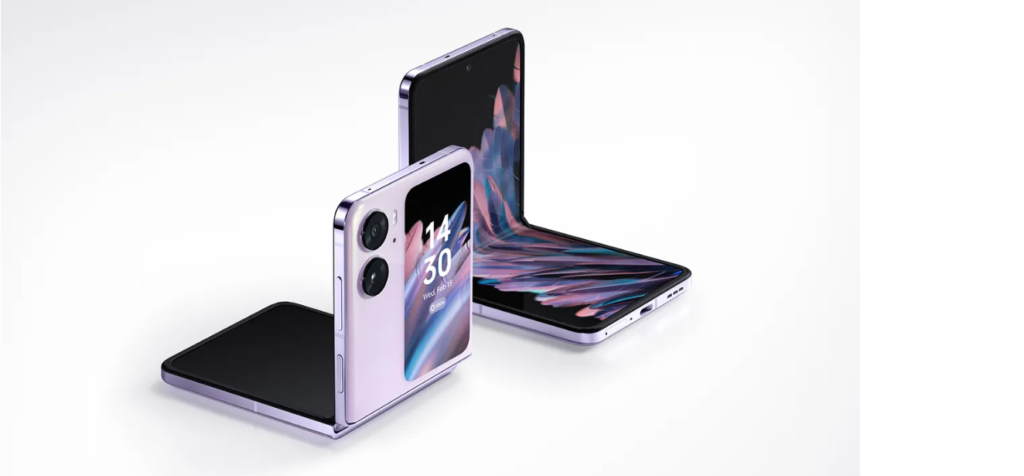
Our best ally is now the cell phone. We nearly always have it with us, use it constantly, take it with us to bed and wake up with, and use it to talk to other people all day long.
But have you ever considered the amount of data your smartphone may have about you?
Sometimes we are unaware of how much data we are giving the device.
And the truth is that we store more than just our contact information on our cell phones; we also store information on the locations we frequent, the music we like, the emails and messages we get, the time we get up, and more. plus a lot more!
These are the “metadata,” or “data about data,” which are becoming more and more common.
1. The speed at which you walk
The location information on your cell phone provides a thorough account of you.
The majority of smartphones are equipped with GPS navigation, which enables programs like Google Maps to respond to queries about how to get from one area to another or where the closest hospital is.
It is undoubtedly a helpful software, particularly for those whose sense of direction isn’t very good.
However, geolocation services also provide information to your device about how quickly you’re traveling from one spot to another, whether you’re traveling by car or foot, among other things.
2. Where you live, where you work and what places you frequent
Your home address doesn’t need to be noted on the cell phone map. Your phone’s geolocation services create metadata that can be used to determine where you reside.
Additionally, they expose your place of employment, preferred coffee spot, and medical facility.
An international non-governmental organization for digital trail tracking, Tactical Technology Collective, states that “Anyone who has or can access your phone can access your location history.”
Apple’s algorithm or formula makes the assumption that your ‘home’ is where your phone is typically found at night. And it must be your workplace if it stays there all day.
Companies and other entities can use these traces to determine where you are.
Your phone is likely logging your position on the device unless you’ve already disabled location services or frequent areas.
Do you want to see for yourself? Take the following actions on your phone: “Settings” > “Privacy” > “Location services” You may even view the mapped locations by choosing “System Service Frequently Asked Locations” if your iPhone is compatible with iOS 7 or a more recent version.
3. How much sport you play and how healthy you are
If you’re one of those people who has a sports app installed on your phone—whether it’s for jogging or performing repetitions and exercises—you might want to keep in mind that every time you use it, you’re telling your phone how active you are.
The same is true for your health state, which can be determined from metadata gleaned from these applications as well as from other apps that track details about your heart rate, menstrual cycle, and sleep patterns.
According to Tim Cook, CEO of Apple, “there’s probably more information about you on your phone than there is at home,” ABC News reported in 2016.
“Our smartphones are filled with conversations, financial data, health records and much more. They are also burdened with the location of our children in many cases,” he added.
4. How many taxis do you take and how much do you tip
You leave a trail of how frequently you use services like Uber and other private transportation apps on your mobile device when you use these apps.
But external sources for metadata are frequently used.
The New York City Limousine and Taxi Commission published a database in 2014 that contained information on every action taken in 2013.
According to Neustar Research, this data included details on each trip’s start and end points, as well as the location and tip amount.
And that is but one instance.
5. What time you wake up and what time you go to sleep
In this day and age, setting the alarm on a cell phone is a relatively frequent practice.
Additionally, the phones have the ability to track and record our sleep patterns. The alarm clock feature in iOS 10, Apple’s penultimate piece of software, can track when you go to sleep, whether you wake up during the night, and when you wake up.
The world’s sleep patterns have been mapped out using this data, which can also be applied medically.
We are more open to offers from some businesses while we are awake at night, for example, when they are using them for darker ends like selling us advertising.
But in the end, it’s up to you to choose how much.


